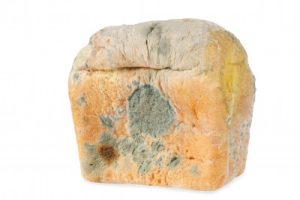
With sales of foods labeled gluten free now reaching over 6 billion dollars a year, something truly profound is happening to the way in which Americans are perceiving the role of wheat in their diets. Once celebrated as the very poster-child of the health food movement, folks are increasingly rejecting this “king of grains,” and are now identifying it as being at the very root of their health problems.
(Tom: Keep in mind that I recently shared a video from a health researcher who attributed a full 85% of the rise in health issues to seed oils, 10% to sugar and 5% to wheat.)
Detractors claim that the movement is just a fad, or worse, that those who have embarked upon it without an official diagnosis are a bit crazy. After all, simply “feeling better” following gluten elimination is not considered to be proof of anything within the conventional medical system. Biopsies, antibody, and genetic tests later, if nothing is found, and you still think gluten – this ‘sacred,’ omnipresent grain – is a problem, you might just get referred to a psychiatrist.
But anecdotes and “subjective experience” aside, the type of clinical research that constitutes “Truth,” with a capital T, from the perspective of the dominant medical establishment, can be found on the National Library of Medicine’s biomedical database known as MEDLINE. This vast bibliographic archive contains over 30 million citation entries, which as of time of this writing, contains 17,943 references to gluten.
https://greenmedinfo.com/blog/200-clinically-confirmed-reasons-not-eat-wheat1
